How Real Estate Lets You Use Leverage
One of the most significant advantages of real estate investing is the ability to use leverage. But what exactly is leverage, and how can it amplify your investment returns? To put it simply, leverage is the use of borrowed money to make an investment, with the expectation that the profits made from the investment will be greater than the cost of the loan.
In the context of real estate, leverage occurs when you use a mortgage or a loan to cover a portion of your property purchase costs, thereby allowing you to buy a more expensive property than you could afford to pay for in cash. This strategy can significantly enhance your return on investment because it allows you to generate profit from the property's entire value while only investing a portion of your own money.
Let's illustrate this with an example. Suppose you have $100,000 and decide to invest in a property worth $500,000. You put down 20% ($100,000) and borrow the remaining 80% ($400,000) as a mortgage. If the property appreciates by 5% in the first year, its value would increase by $25,000 ($500,000 x 0.05). However, your initial investment was just $100,000, so your return on investment is 25% ($25,000/$100,000), not 5%. This enhanced return is possible because of the power of leverage.
But while leverage can amplify your returns, it's essential to remember that it can also magnify your losses. If the property value decreases, you're still responsible for repaying the full amount of the mortgage, which could result in a loss. Therefore, it's crucial to carefully assess each potential investment and consider factors like market conditions, the property's condition, and your financial capacity to manage the mortgage payments.
Another key point to remember is that using leverage in real estate also allows you to spread your investment capital across multiple properties. Returning to our earlier example, instead of using your $100,000 to fully purchase one property, you could use it as a 20% down payment on five properties. This diversification can help mitigate risk because you're not putting all your eggs in one basket.
Furthermore, the rental income from the property can be used to pay off the mortgage over time. This means that not only are you potentially benefiting from the property’s appreciation, but you're also gradually building equity without dipping into your pocket each month. Over time, this strategy can lead to substantial wealth accumulation.
In conclusion, leverage is a powerful tool in real estate investing that can significantly boost your returns. However, with great power comes great responsibility. It's crucial to thoroughly understand how leverage works and to carefully consider your financial situation and risk tolerance before diving in. With careful planning and strategic decision-making, you can harness the power of leverage to accelerate your journey towards financial freedom through real estate investing.

